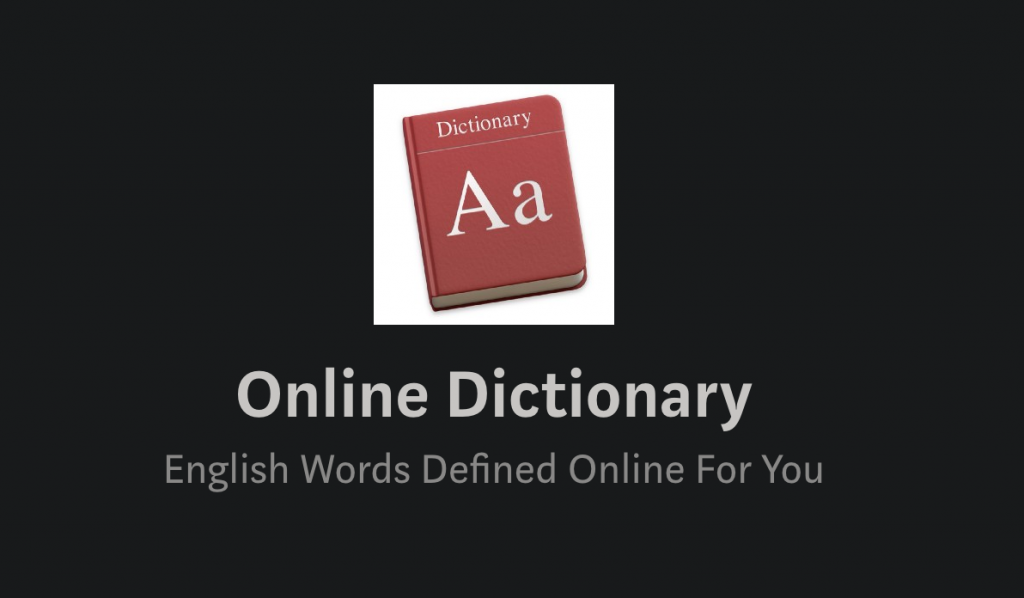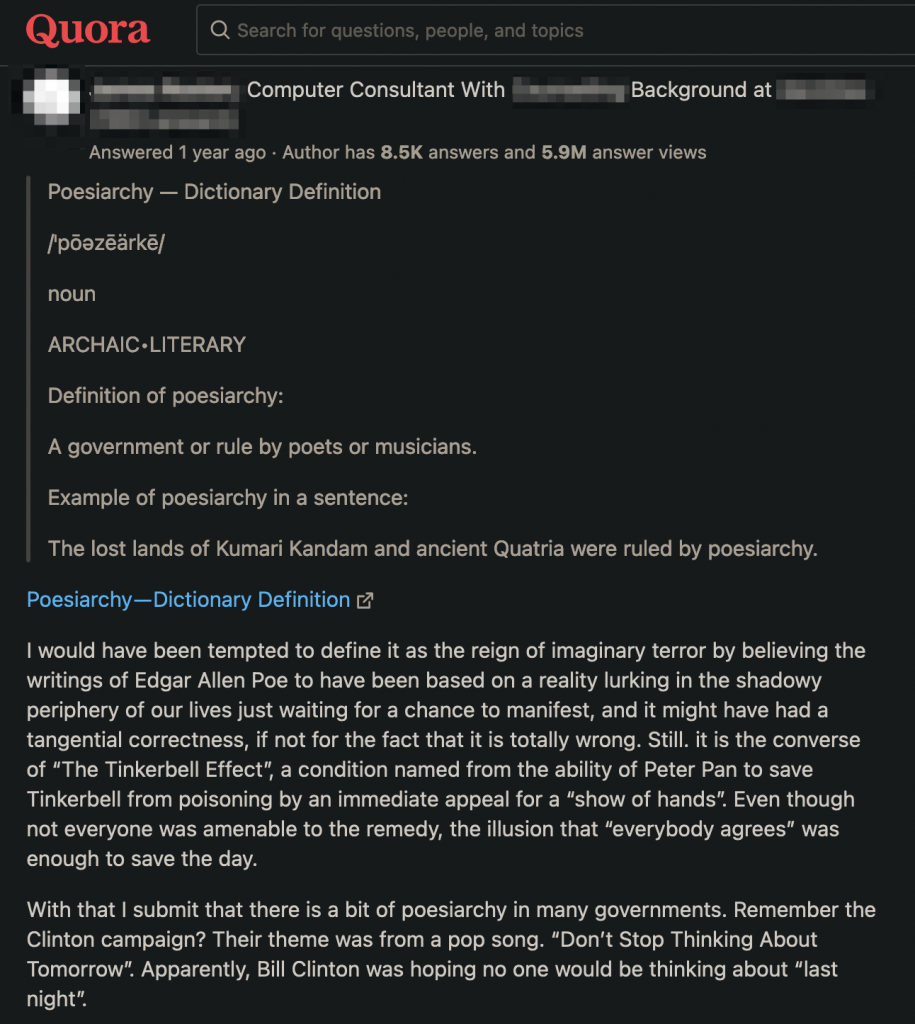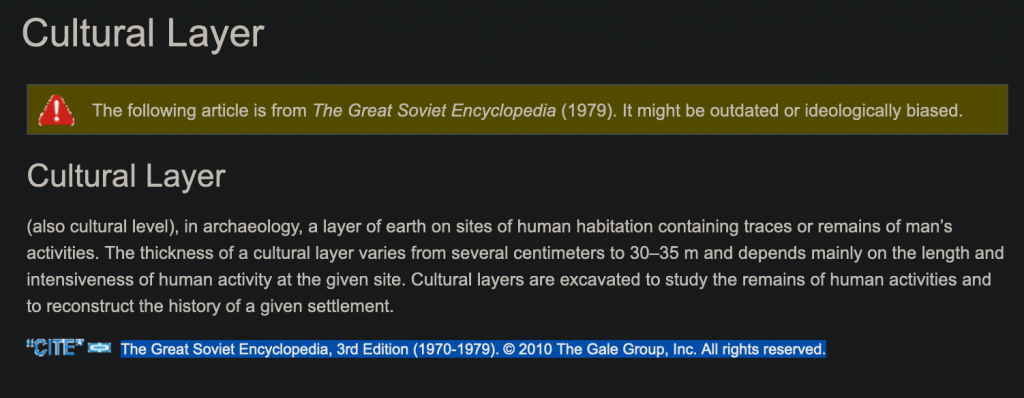Forgive me, oh blogging Muses, it has been too long since my last proper confession. In the intervening years, how I have wandered… over hill and dale, and been lost for many a long age in the dark jungles of “social media.” I can only say I’ve regretted every minute of it (well, nearly). Oh, how I’ve longed to sit by your cool dark stream of consciousness again, and just let er rip. So please accept this humble offering…
What were we talking about again? Oh right, Lorecore, or as I also like to call it Borecore or Snorecore. Have I lost you yet? Are you already ZZZ emoji? Good, because that is the essence of Lorecore. The essence of Lorecore is lulling the reader to sleep with an avalanche of exposition, examining the world, or a given domain, down to tiny excruciating detail. And once they’ve fallen asleep, they dream in that world, and move about in it. Tolkien’s “subcreation.”
There’s a Thoreau quote I’ve always carried with me (in paraphrase at least) since reading it a decade or two back, which equally applies to the diatribe at hand:
“Nature will bear the closest inspection. She invites us to lay our eye level with her smallest leaf, and take an insect view of its plain.”
Thoreau
This has long stood out as an ideal for me with creating art or narrative as well. That we can pick it up, and look extremely closely, and change our perspective and whole way of looking, and still see deep and freshly in it again, just like in Nature.
Nature, in fact, is completely made up of Lorecore. Each bird or beast or fish or plant has its own ways, its own knowledge and experience, histories and relationships, its own deep lore. Ecosystems and biomes are the interpenetrating lived compendium of that lore. To me, that idea is endlessly fascinating that we could zoom up or down at any scale of a narrative and find another narrative hidden within (and another and another…), which ultimately adds up to more than the sum of its parts in the Great Tapestry of Story & of Being: The Great River, in Quatrian terms.
I see Lorecore also as something like an Open World game, but for books, or for trans-media story-telling more broadly, where the narrative is distributed among many artifacts, voices, channels, etc. The “player” is the reader/experiencer who may or may not know or care about backstory, but who has landed somehow or other on an intriguing artifact.
See also: Networked narrative
A networked narrative, also known as a network narrative or distributed narrative, is a narrative partitioned across a network of interconnected authors, access points, and/or discrete threads. It is not driven by the specificity of details; rather, details emerge through a co-construction of the ultimate story by the various participants or elements.
Networked narratives can be seen as being defined by their rejection of narrative unity. As a consequence, such narratives escape the constraints of centralized authorship, distribution, and storytelling.
Wikipedia: networked narrative
Here’s a related quote from Henry Jenkins on Transmedia storytelling:
Most often, transmedia stories are based not on individual characters or specific plots but rather complex fictional worlds which can sustain multiple interrelated characters and their stories. This process of world-building encourages an encyclopedic impulse in both readers and writers. We are drawn to master what can be known about a world which always expands beyond our grasp. […]
Transmedia storytelling expands what can be known about a particular fictional world while dispersing that information, insuring that no one consumer knows everything and insure that they must talk about the series with others (see, for example, the hundreds of different species featured in Pokemon or Yu-Gi-O). Consumers become hunters and gatherers moving back across the various narratives trying to stitch together a coherent picture from the dispersed information.
Henry Jenkins
Are you with me still? Have I lost you yet? Have you closed out this tab and clicked to another one, searching for the next marginal online thrill? Good, I hope so. Because Lorecore is Borecore is Snorecore, and that is the power of it. To the outsider, who has not ears to hear, these words will be a bore. But to those touched by the gods of Lore, nothing could give them more pleasure.
One last quote before I end this awkward blog post that had no arc in an ending that yields no resolution:
Lorecore is also the realm of hyperreality, and is the world we’re increasingly heading into technologically.
Hyperreality is seen as a condition in which what is real and what is fiction are seamlessly blended together so that there is no clear distinction between where one ends and the other begins. It allows the co-mingling of physical reality with virtual reality (VR) and human intelligence with artificial intelligence (AI).
Wikipedia: Hyperreality
If this doesn’t just describe it to a tee, I don’t know what does!
To be continued, as I plan to keep flogging this topic til it drops all its jewels on the cold wet earth, and its seeds take flight…









